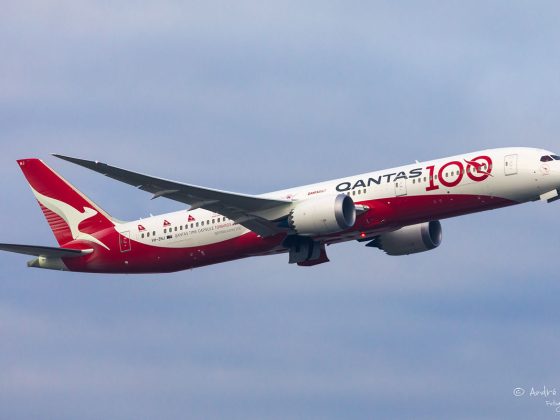Meta Platforms, the parent company of WhatsApp, has secured interim relief from India’s National Company Law Appellate Tribunal (NCLAT), which stayed the five-year ban imposed by the Competition Commission of India (CCI) on WhatsApp’s data-sharing practices.
The NCLAT bench highlighted that the ban on WhatsApp’s data-sharing practices, tied to its privacy policy, could disrupt the platform’s business model in India.
Meta Platforms had appealed the CCI’s November 18, 2024, ruling, which prohibited WhatsApp from sharing user data with other Meta entities for advertising purposes.
To stay the penalty imposed by the CCI, the tribunal ordered Meta to deposit 50% of the ₹213 crore fine. This interim deposit will be refunded if Meta prevails in the case. Meta has already paid 25% of the penalty to the CCI.
The NCLAT also noted that India’s forthcoming data protection law could address data privacy concerns, potentially mitigating issues raised in the current dispute.
The tribunal has scheduled the next hearing for March 17.
This regulatory battle revolves around a 2021 privacy policy update introduced by WhatsApp, which mandated users to accept revised terms or risk losing access to the platform.
The policy triggered widespread criticism for allegedly abusing Meta’s dominant market position, leading to the CCI’s ruling against the company in November 2024.
WhatsApp’s 2021 privacy policy under scrutiny
The origins of the controversy date back to January 2021, when WhatsApp introduced an in-app notification requiring users to agree to revised privacy terms by February of the same year.
The new terms allowed WhatsApp to share specific user data—including phone numbers, device information, and business interaction details—with other Meta entities such as Facebook and Instagram.
Critics labelled the policy as a “take it or leave it” ultimatum that left no room for opt-out options, unlike the flexibility provided to European users under GDPR regulations.
The CCI’s investigation concluded that WhatsApp’s updated policy granted Meta an unfair competitive edge by leveraging shared user data to strengthen its position in digital advertising.
As part of its ruling, the CCI imposed a five-year ban on WhatsApp’s data-sharing practices and a fine of ₹213.14 crore.
However, Meta’s legal defence has highlighted the upcoming Digital Personal Data Protection Rules, 2025, which are expected to provide a clearer regulatory framework for data-sharing practices.
Meta argues that enforcing the CCI’s order ahead of these legislative updates would disrupt its operations and render parts of the ruling obsolete.
Business impact and user autonomy in focus
Meta’s business model heavily relies on integrating data across its platforms to provide personalised advertising. In its petition, the company argued that the ban could undermine its ability to support businesses in India.
For example, fashion retailers leveraging WhatsApp to interact with customers would lose the ability to tailor advertisements on Facebook and Instagram, potentially impacting their sales.
Indian businesses are an integral part of Meta’s ecosystem, with Facebook India Online Services reporting record revenue of $351 million in the 2023-24 financial year.
The CCI’s directive, if upheld, could compel Meta to reconfigure its advertising services and pause several features, thereby disrupting its revenue streams.
On the other hand, the CCI’s stance emphasises the need for informed user consent.
The regulator asserts that users should not be forced to accept expanded data-sharing terms as a prerequisite for accessing WhatsApp.
This principle aligns with global trends in regulating digital platforms, as seen in Germany’s temporary prohibition of Facebook from processing WhatsApp user data in 2021 and Ireland’s hefty fine against WhatsApp for a prior privacy policy breach.
The future of data-sharing in India
The tribunal’s interim relief for Meta has opened the door for further legal deliberations, especially in light of India’s evolving data protection laws.
The Digital Personal Data Protection Rules, expected to be implemented by mid-2025, aim to harmonise data privacy standards across sectors.
This legislative development could potentially address concerns raised by the CCI while redefining the boundaries for corporate data-sharing practices.
Nonetheless, the case underscores the complexities of regulating global tech giants in diverse markets.
While Meta’s practices in Europe demonstrate compliance with stricter privacy laws, its Indian operations face criticism for adopting policies that allegedly undermine user autonomy.
The contrasting regulatory environments highlight the challenges of enforcing a unified global approach to data privacy.
The post Meta gets interim relief from Indian court in WhatsApp data-sharing case appeared first on Invezz


